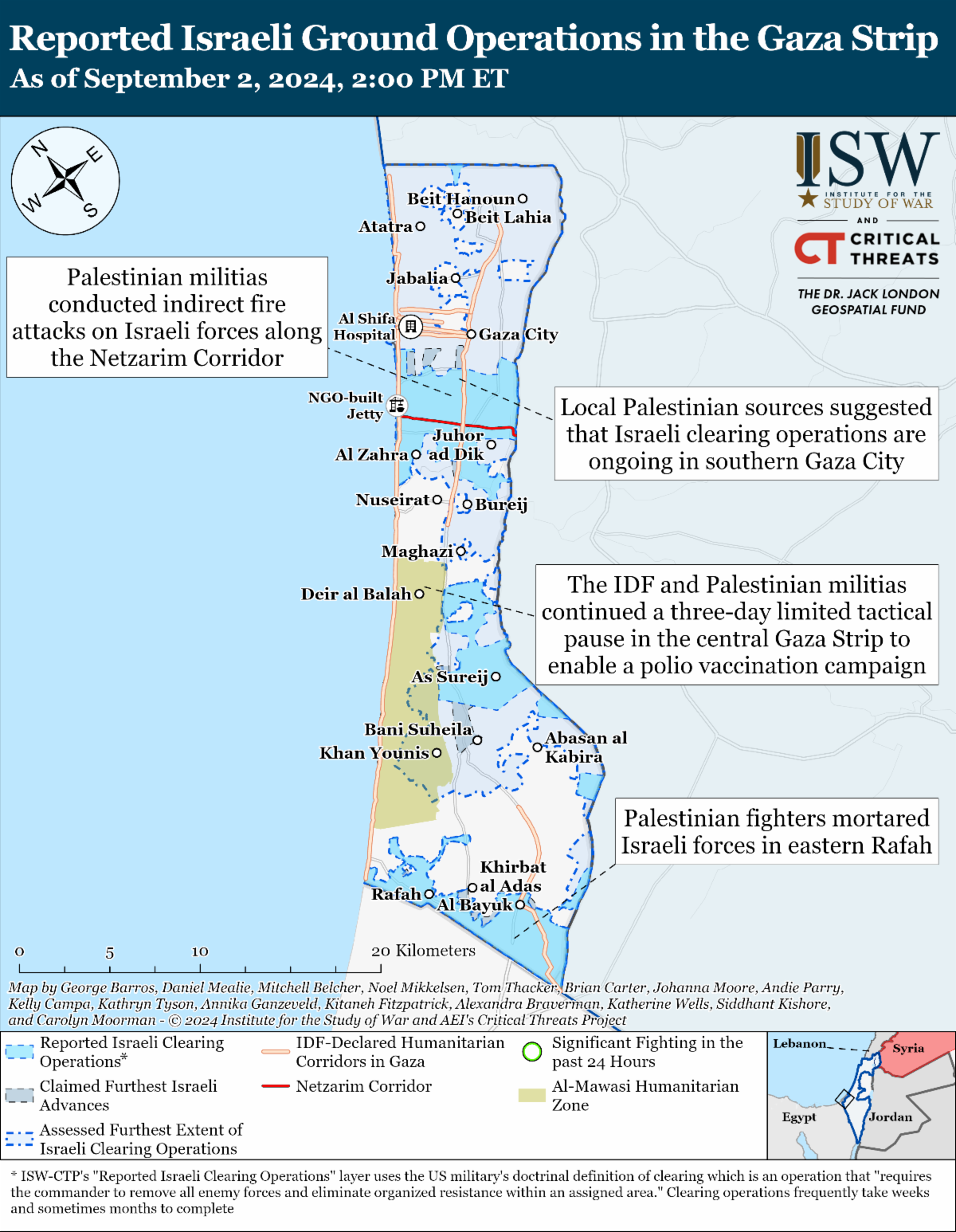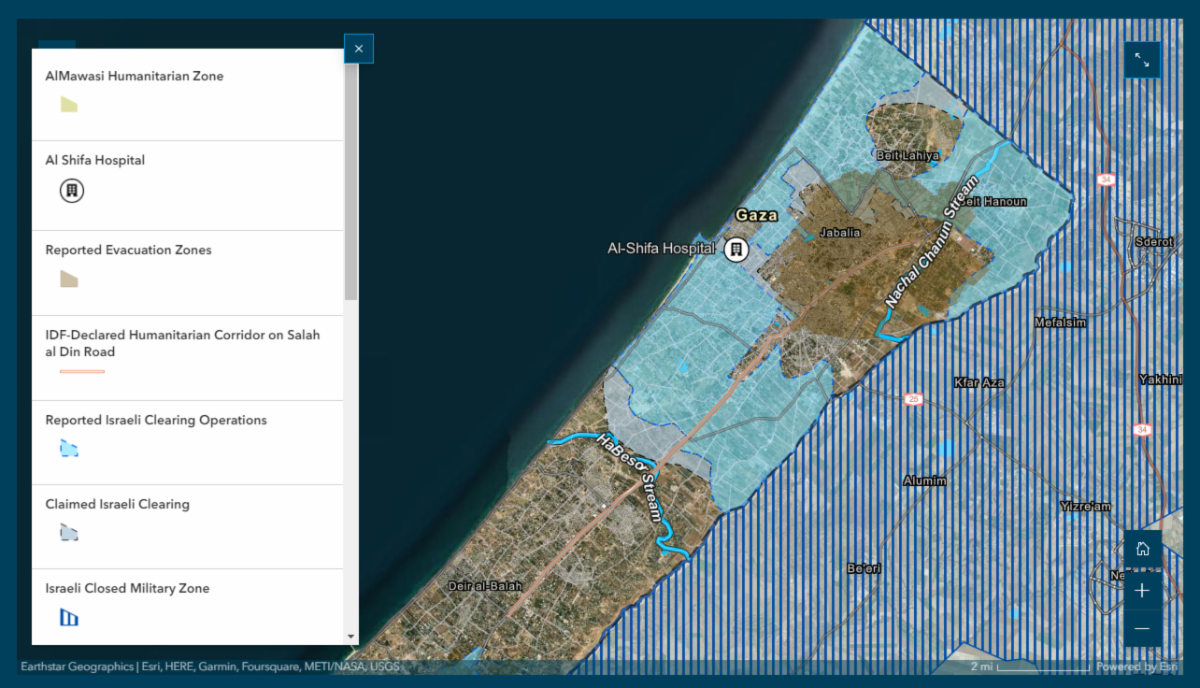The Masoud Pezeshkian administration is continuing to signal its willingness to pursue nuclear negotiations with the West. Iranian media reported on September 2 that Foreign Affairs Minister Abbas Araghchi appointed Majid Takht Ravanchi as deputy foreign affairs minister for political affairs. Araghchi has not officially announced Ravanchi’s appointment at the time of this writing. Ravanchi was part of the Iranian nuclear negotiating team under former President Hassan Rouhani that helped conclude the 2015 Joint Comprehensive Plan of Action (JCPOA) between Iran and the P5+1. The P5+1 is composed of the five permanent members of the UN Security Council plus Germany. Ravanchi also served as the Iranian ambassador to the UN between April 2019 and August 2022. Pezeshkian’s appointment of Araghchi—who himself played a prominent role in the nuclear negotiations under Rouhani—as Iranian foreign affairs minister and Araghchi’s appointment of Ravanchi as his political deputy underscores the Pezeshkian administration’s serious intent to resume nuclear negotiations with the West. International Atomic Energy Agency (IAEA) Director General Rafael Grossi separately stated that Pezeshkian has indicated to him “a potential for renewed dialogue aimed at ensuring the peaceful nature of Iran’s nuclear activities” during an interview with Saudi-owned al Arabiya on September 2. Grossi previously indicated on August 30 that Pezeshkian had agreed to a bilateral meeting in the “near future.” It is unclear to what extent Supreme Leader Ali Khamenei will permit the Pezeshkian administration to pursue nuclear negotiations with the West, although Khamenei has expressed support in recent weeks for engaging in negotiations in order to remove international sanctions on Iran.
Hamas released hostage propaganda on September 2 that likely intended to increase domestic Israeli pressure that Hamas likely calculates could create more favorable terms for Hamas in a ceasefire agreement and weaken the Israeli state. Hamas released propaganda videos featuring six recently executed Israeli hostages on September 2 calling for a ceasefire and hostage-for-prisoner exchange. Hamas also released a graphic in Hebrew stating that Israel will only secure the release of living hostages through negotiations, not military operations. Hamas has previously released hostage propaganda during periods of unrest and during ceasefire negotiations. These videos are part of an information operation that aims to undermine Israeli public support for the ground operation in the Gaza Strip. Hamas leaders likely seek to exacerbate the tensions in the Israeli domestic sphere and cause further psychological distress by airing this propaganda. Hamas leaders may believe that the Israeli public and officials will increase pressure on Israeli Prime Minister Netanyahu to drop demands from ceasefire negotiations that Hamas dislikes, such as continued control over the Philadelphi Corridor. Maintaining Israeli control of the Philadelphi Corridor would help prevent Hamas and other Palestinian militias from rebuilding their capabilities quickly by interdicting major smuggling operations into the Gaza Strip that would accelerate Hamas’ ability to resupply itself, as CTP-ISW has previously argued.
Israeli political and military leaders argued over the best path to a ceasefire-hostage deal on September 1 after Hamas executed six Israeli hostages in the Gaza Strip. Israeli Defense Minister Yoav Gallant criticized the August 29 decision by Israel’s political-security cabinet to back Netanyahu’s proposal to maintain an IDF presence on the Philadelphi Corridor. Gallant reportedly argued in a private cabinet meeting that prioritizing IDF control over the Philadelphi Corridor for six weeks over securing the release of dozens of living hostages is the wrong decision and should be reversed. Gallant said that the IDF could retake the corridor in eight hours if it withdrew. Netanyahu argued that repealing the security cabinet’s decision would send the wrong message to Hamas and incentivize the militias to kill more Israeli hostages. Netanyahu added that the Philadelphi Corridor is Hamas’ “oxygen pipe” and a withdrawal from the corridor would restore Hamas’ rule and military capabilities. Several other members of the cabinet disagreed with Gallant’s public suggestion to reverse the August 29 cabinet decision.
Israel's national workers union announced a general strike on September 2 in support of an immediate ceasefire deal and hostage-release. Israeli media reported that hundreds of thousands of Israelis demonstrated in support of a ceasefire in major Israeli cities. The recovery of six Israeli hostages who had been executed by Hamas in the Gaza Strip on September 1 spurred the strike and protests. Ben Gurion International Airport and some schools shut down during the strike. The Israeli labor court ruled on September 2 that the strike was political and therefore illegal. The national workers union agreed to end the strike prematurely due to the court ruling. Israeli Prime Minister Benjamin Netanyahu reportedly condemned the protests and said that the demonstrations supported Hamas.
The Biden administration is considering submitting a new “final” ceasefire-hostage deal proposal to Israel and Hamas in the coming days, according to Axios. National Security Adviser Jake Sullivan and White House Coordinator for the Middle East and North Africa Brett McGurk told hostage family members on September 1 that the United States may present a new bridging proposal after mediators made significant progress on the specifics of the hostage-prisoner exchange component of the ceasefire deal over the last week of talks. The United States last submitted a “bridging proposal“ to Israel and Hamas on August 16. The new text is expected to include a US proposal about Israeli presence on the Philadelphi Corridor. The Israeli presence in the Philadelphi Corridor is currently a major hurdle in talks. Israeli Prime Minister Benjamin Netanyahu added a stipulation in July that Israeli forces would maintain control over the corridor for the first phase of the ceasefire deal, which would be six weeks long.
Key Takeaways: - Iran: The Masoud Pezeshkian administration is continuing to signal its willingness to pursue nuclear negotiations with the West. Iranian media reported on September 2 that Foreign Affairs Minister Abbas Araghchi appointed Majid Takht Ravanchi as deputy foreign affairs minister for political affairs. Araghchi has not officially announced Ravanchi’s appointment at the time of this writing. Ravanchi was part of the Iranian nuclear negotiating team under former President Hassan Rouhani that helped conclude the 2015 nuclear deal.
- Russo-Iranian Relations: Iran is expected to “imminently” deliver ballistic missiles to Russia to support the Russian invasion of Ukraine.
- Iranian Retaliation: Iranian Supreme National Defense University President Brigadier General Esmail Ahmadi Moghaddam stated on September 2 that keeping Israel in a state of anxiety is “no less than a military strike.” Moghaddam is not within the Iranian chain of command but his statements are representative of the larger ongoing public conversation in Iranian defense and security circles discussing the merits of employing ”psychological warfare” against Israel.
- Ceasefire Negotiations: Hamas released hostage propaganda on September 2 that likely intended to increase domestic Israeli pressure that Hamas likely calculates could create more favorable terms for Hamas in a ceasefire agreement and weaken the Israeli state.
- Israeli Reactions to Ceasefire Negotiations: Israeli political and military leaders argued over the best path to a ceasefire-hostage deal on September 1 after Hamas executed six Israeli hostages in the Gaza Strip.
- Hamas Reactions to Ceasefire Negotiations: Hamas’ lead negotiator, Khalil al Hayya, spoke negatively about the progress of ceasefire-hostage talks and restated Hamas’ maximalist negotiation position on September 1.
| 





